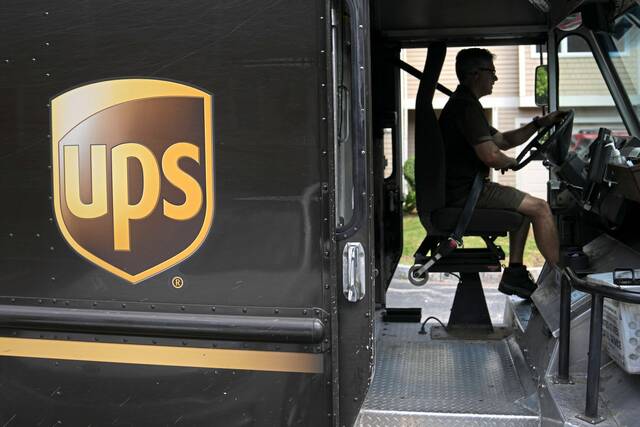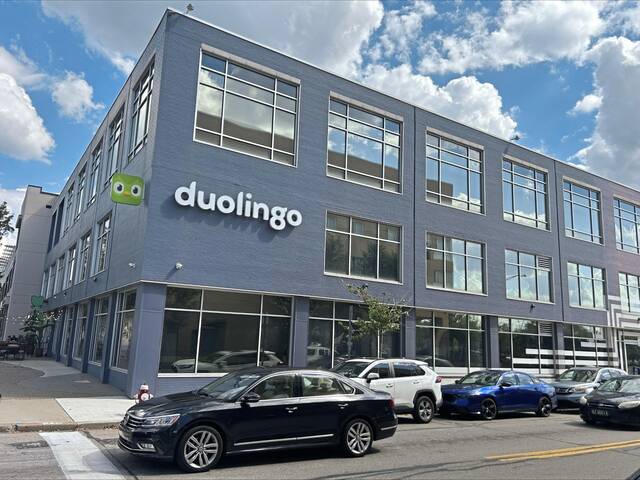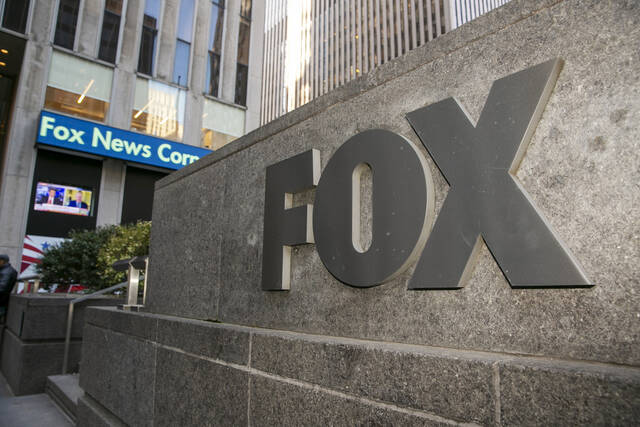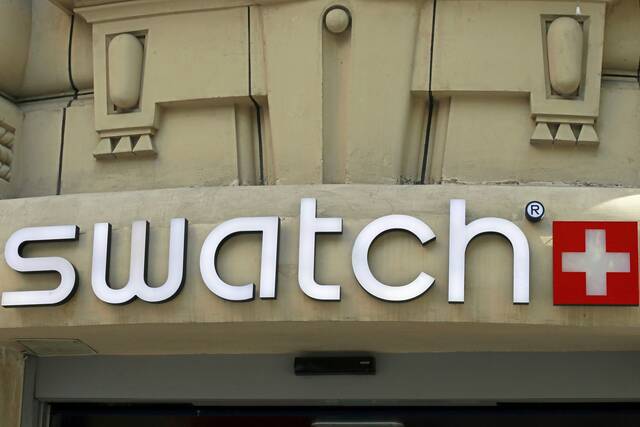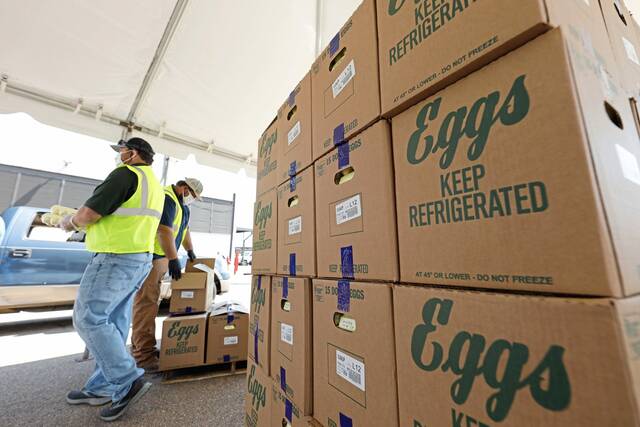This column frequently tracks insider buys by companies’ chief executives. Lately, they are scarce.
Executives normally sell more shares than they buy because their cup is periodically refilled via stock-option grants. Over the past 21 years, according to Gurufocus.com, dollar volume for buys has usually run about 34% of the volume for sales.
Buying has been below normal in 13 of the past 15 months. In August, buys were only 26% of sales.
The highest ratio of buys to sells, 2.01, was in October 2008. Much of the country was in despair then as the Great Recession rolled on. The executives who bought then looked very smart when the economy recovered in 2009 and beyond.
Let’s look at a few companies where insiders bought last month.
Eastman Chemical
Do you recall Eastman Kodak? You used to buy its film for your camera, if you’re old enough to remember that long ago. Eastman Chemical Co. (EMN) was spun off from Eastman Kodak in 1994. Coating, adhesives and specialty plastics are among its products.
The chief executive officer, Mark Costa, and the chief financial officer, McLain William Thomas Jr., made sizeable purchases Aug. 27. Costa bought about $502,000 of shares, Thomas about $252,000. Several other Eastman executives bought shares the same day.
The stock has fallen 24% this year, partly because Eastman is hurt by tariffs more than most companies are. It imports materials from several European countries and from Brazil and India, which are being hit with particularly high tariffs.
Yet this is a company that has shown a profit for at least 30 years in a row. The stock sells for about nine times earnings and less than one times revenue — far below its typical multiples. I think it will recover.
Eli Lilly
In August, eight Eli Lilly (LLY) executives bought Lilly shares, and two sold. Buyers included chief executive David Ricks, who spent just over $1 million, and chief financial officer Lucas Montarce, who shelled out almost $495,000.
The pharmaceutical company’s shares traded as high as $942 last summer, but have subsided to about $755. Apparently, Ricks and Montarce think it’s now attractively priced.
I don’t. Lilly shares trade for 49 times recent earnings, more than 12 times revenue and about 37 times book value (corporate net worth per share). I think the stock, which has soared on the success of weight-loss drugs, is priced for near-perfection.
United Parcel
Growth has slowed to a crawl at United Parcel Service Inc. (UPS), partly because of competition from Amazon.com. UPS shares have fallen more than 31% this year. The stock traded at well above $200 in 2021 but now languishes at about $84.
Despite all this bad news, Carol Tome, the company’s CEO, spent just over $1 million in August to add to her UPS holdings. Two directors also bought shares in July and August.
I think Tome will be rewarded. UPS has a standout return on equity, more than 34%. And the stock trades for less than 13 times earnings.
First Citizens
At First Citizens BancShares Inc. (FCNCA), chief executive Frank Holding Jr. spent just over $1 million in August to add to his considerable hoard of shares. Four other insiders also bought shares in August.
Based in Raleigh, N.C., First Citizens is a regional bank with profits that have been improving in recent years. I like to see banks earn a return on assets of 1% or better. First Citizens has cleared that hurdle in six of the past seven years.
The stock looks pretty reasonable to me at 12 times recent earnings.
Performance
This is the 75th column I’ve written about stocks with insider buying or selling. I can calculate results for 65 of them — all those written from 1999 through a year ago.
Bad news first: Stocks I’ve recommended based on insider buying have returned an average of 8.9% in 12 months, trailing the Standard & Poor’s 500 Total Return Index over the same periods by 1.8 percentage points.
Better news: Stocks I said to avoid, even though insiders were buying, have trailed the index by 24 percentage points.
Stocks where I discussed sales by insiders have lagged the index by 2.3 percentage points.
Stocks where I noted insider buying but made no comment, or an ambiguous comment, have beaten the index by 14.2 percentage points.
Bear in mind that my column results are hypothetical and shouldn’t be confused with results I obtain for clients. Also, past performance doesn’t predict the future.
Disclosure: In a hedge fund I run, I own put options on Eli Lilly, betting on a decline.


